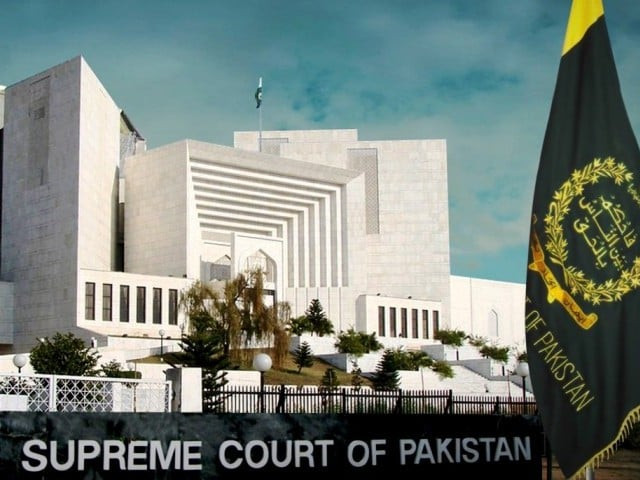Demand: Time for govt to take notice of SC’s orders
PILDAT urges the govt to ensure immediate compliance and cooperation.

The government’s disregard of the Supreme Court (SC)’s orders is a grave issue that it needs to address immediately. This was said in a statement issued by Pakistan Institute of Legislative Development and Transparency (Pildat) here on Wednesday.
The organisation said the democratic system is incomplete without an independent and effective judiciary. “A popularly-elected government, that continues to defy the … SC, is working to weaken democracy, [something that] Pakistan can not afford at this juncture,” the statement said.
The government has consistently shown a lack of will in carrying out the judiciary’s orders, ever since the restoration of the higher judiciary in March 2009. Some of the major cases in which the government has either openly defied the court or resorted to delaying tactics include the National Insurance Company Ltd scandal, re-appointment of Zafar Qureshi, the Hajj scam and the delay in the appointment of the Chairperson of the National Accountability Bureau.
Recently, the federal government relegated Establishment Secretary Sohail Ahmed to Officer on Special Duty, he had submitted to the Supreme Court a notification transferring Hussain Asghar, the Inspector-General of Gilgit-Baltistan, back to the FIA.
The statement said Article 190 of the constitution makes it obligatory for all “executive and judicial authorities throughout Pakistan” to “act in aid of the Supreme Court.” Thus the defiance, delay and at times even denunciation of the court orders by the federal government may constitute contempt of court and a violation of the Constitution of Pakistan.
The attitude weakens the government by reducing public support and legitimacy for the regime and, if prolonged, may lead to anarchy and chaos, the statement read.
“All organs of the state need to work within their prescribed constitutional domains.”
Published in The Express Tribune, July 28th, 2011.



















COMMENTS
Comments are moderated and generally will be posted if they are on-topic and not abusive.
For more information, please see our Comments FAQ